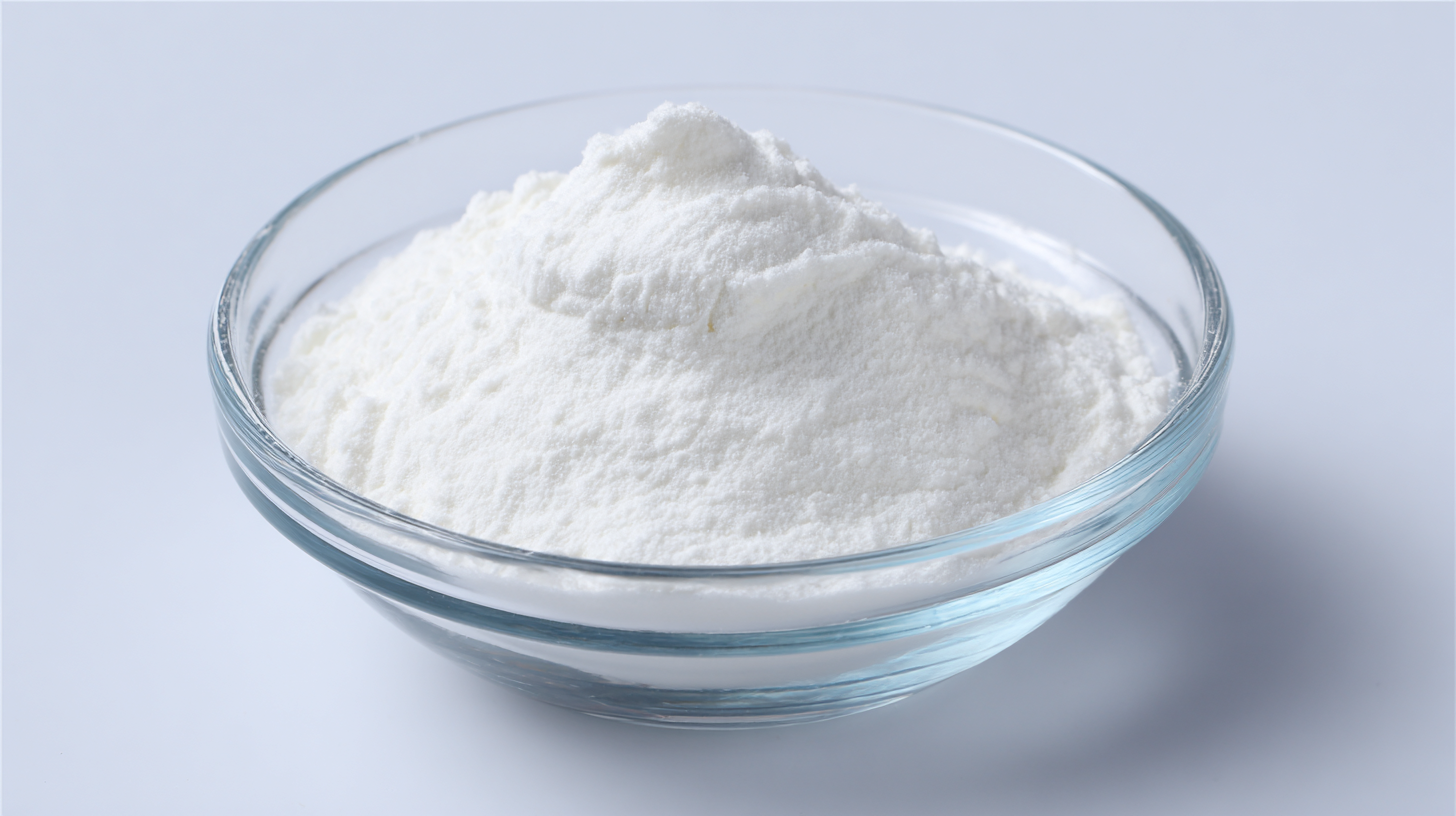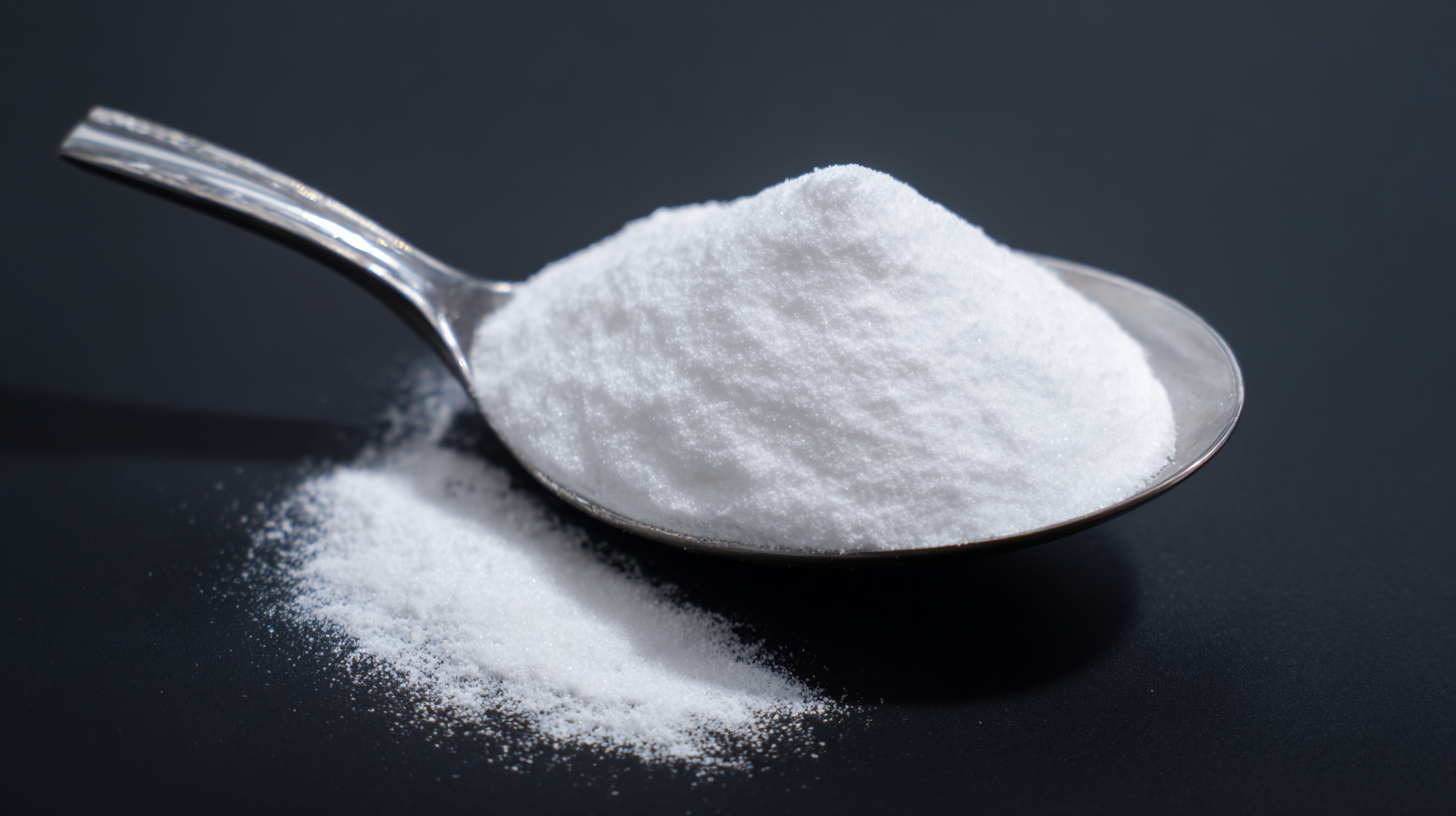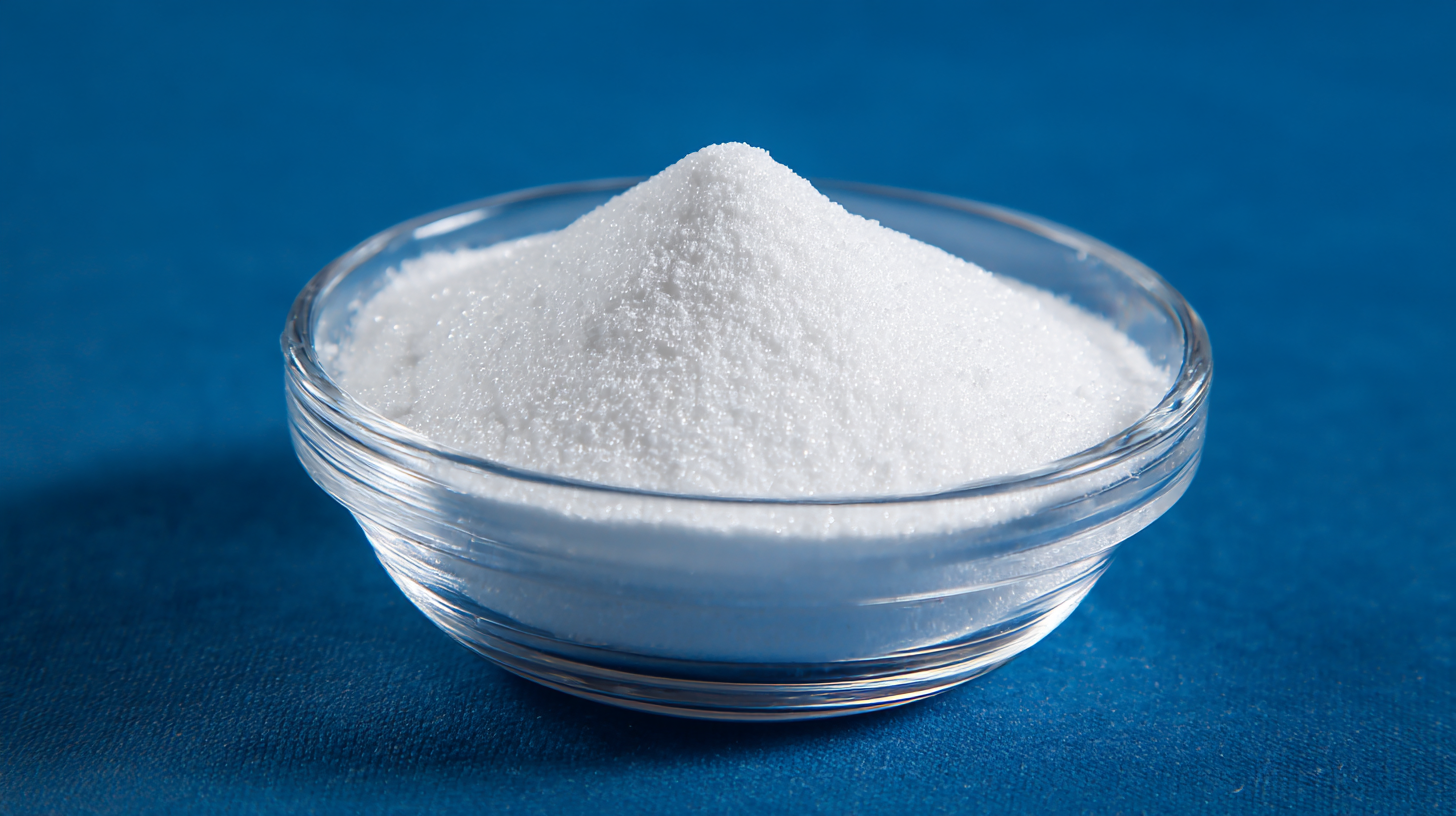
Quality Chinese Manufacturing Your Trusted Global Partner for Best Sodium Hyaluronate Crosspolymer
In today's rapidly evolving global marketplace, the demand for high-quality materials is more crucial than ever, particularly in industries such as cosmetics, pharmaceuticals, and personal care. One standout product that has gained significant attention is Sodium Hyaluronate Crosspolymer. Renowned for its exceptional moisture-retaining properties and ability to enhance product stability, this innovative ingredient is a game-changer for manufacturers seeking to create superior formulations. China has emerged as a leading hub for the production of Sodium Hyaluronate Crosspolymer, offering a combination of advanced manufacturing techniques, rigorous quality control, and competitive pricing. As businesses strive to establish reliable partnerships for sourcing this essential ingredient, choosing a trusted global partner in Chinese manufacturing can ensure access to the best Sodium Hyaluronate Crosspolymer available, paving the way for continued success in various applications across diverse sectors.

Understanding Sodium Hyaluronate Crosspolymer: Key Features and Benefits
Sodium Hyaluronate Crosspolymer, an innovative ingredient in skincare and cosmetic formulations, offers numerous key features and benefits that enhance product performance. Known for its versatile applications, this crosspolymer is particularly effective in providing long-lasting hydration, improving skin texture, and promoting a youthful appearance. Its ability to form a protective moisture-retaining film on the skin ensures that hydration is locked in, making it an ideal choice for dry or aging skin.
When selecting products containing Sodium Hyaluronate Crosspolymer, consider looking for formulations that utilize a blend of molecular weights. This will allow for both immediate and long-term hydration, as smaller molecules penetrate deeper into the skin, while larger ones remain on the surface to create a barrier against moisture loss.
Another tip is to pay attention to the concentration of Sodium Hyaluronate Crosspolymer in the formulation. A higher concentration can lead to enhanced effectiveness, but it’s essential to balance it with other ingredients that provide nourishment and protection. Always choose products from reputable manufacturers to ensure quality and efficacy, making your skincare routine both effective and trustworthy.
Understanding Sodium Hyaluronate Crosspolymer: Key Features and Benefits
Identifying Quality Standards in Chinese Manufacturing for Sodium Hyaluronate
 When it comes to sourcing Sodium Hyaluronate Crosspolymer, understanding the quality standards in Chinese manufacturing is crucial. As the global demand for this versatile ingredient grows, manufacturers in China have stepped up to ensure that their products meet international quality benchmarks. This involves not only adhering to Good Manufacturing Practices (GMP) but also implementing strict testing protocols throughout the production process. These standards help guarantee that the final product is both safe and effective for various applications, from cosmetics to pharmaceuticals.
When it comes to sourcing Sodium Hyaluronate Crosspolymer, understanding the quality standards in Chinese manufacturing is crucial. As the global demand for this versatile ingredient grows, manufacturers in China have stepped up to ensure that their products meet international quality benchmarks. This involves not only adhering to Good Manufacturing Practices (GMP) but also implementing strict testing protocols throughout the production process. These standards help guarantee that the final product is both safe and effective for various applications, from cosmetics to pharmaceuticals.
Moreover, transparency in the supply chain is becoming increasingly important. Reputable manufacturers provide detailed documentation regarding their sourcing, production methods, and testing results, enabling global partners to verify the quality of the Sodium Hyaluronate Crosspolymer they procure. As buyers become more discerning, they should prioritize suppliers who emphasize regulatory compliance and quality assurance. This not only fosters trust but also ensures a consistent supply of high-quality products that meet critical specifications for efficacy and safety.
Key Factors to Consider When Choosing a Trusted Manufacturer
When selecting a trusted manufacturer for sodium hyaluronate crosspolymer, several key factors must be taken into account. One of the most critical aspects is the manufacturer’s compliance with international quality standards. A recent industry report indicated that approximately 70% of consumers prioritize quality certification, such as ISO 9001 or GMP, when choosing a supplier. These certifications ensure that the manufacturing processes meet stringent quality control measures, which is essential for products used in cosmetics and medical applications.
Another important factor is the manufacturer’s technological capabilities. The formulation of sodium hyaluronate crosspolymer requires advanced techniques to ensure optimal performance. According to a survey by Grand View Research, the global market for sodium hyaluronate is projected to reach USD 5.9 billion by 2025, highlighting the growing demand for high-quality products. Manufacturers that invest in innovative technologies and R&D are more likely to develop superior formulations that meet changing consumer demands. Additionally, examining the manufacturer’s track record and client testimonials can provide valuable insights into their reliability and service quality, further guiding your decision-making process.
Quality Chinese Manufacturing Your Trusted Global Partner for Best Sodium Hyaluronate Crosspolymer - Key Factors to Consider When Choosing a Trusted Manufacturer
| Factor | Description | Importance Level | Notes |
|---|---|---|---|
| Quality Certifications | Assess if the manufacturer has relevant quality certifications such as ISO, GMP. | High | Certifications indicate adherence to global quality standards. |
| Production Capacity | Evaluate the manufacturer's ability to meet your production needs. | Medium | Make sure they can handle scaling as required. |
| Technical Expertise | Consider the manufacturer's experience and expertise in producing hyaluronic acid products. | High | Expertise reduces the risk of production errors. |
| R&D Capabilities | Research and development facilities to innovate and improve products. | Medium | R&D helps to keep products competitive. |
| Client Reviews | Check feedback from previous clients to gauge satisfaction. | High | Positive reviews are a good sign of reliability. |
| Supply Chain Transparency | Assess the transparency of the supply chain for traceability of materials. | Medium | Transparency is crucial for quality assurance. |
| After-Sales Support | Evaluate the level of customer service and support after the sale. | High | Good support can resolve issues quickly. |
A Comparative Analysis of Top Chinese Manufacturers in Hyaluronic Acid Products
When it comes to the production of sodium hyaluronate crosspolymer, the Chinese manufacturing landscape offers a compelling comparison among several top players. By analyzing key manufacturers, we can draw insights into their strengths, product quality, and technological advancements in hyaluronic acid products. The focus on innovation and adherence to international standards distinguishes these companies, establishing them as reliable global partners in the beauty and healthcare sectors.
One notable manufacturer is A, which has gained prominence for its sustainable practices and rigorous quality control measures. Their commitment to research and development has led to groundbreaking formulations, enhancing the viscosity and stability of sodium hyaluronate crosspolymer. In contrast, Manufacturer B has carved out a niche by specializing in customized solutions tailored to specific customer needs, thereby maximizing client satisfaction and application versatility.
Furthermore, Manufacturer C stands out for its extensive distribution networks and robust after-sales support, ensuring that customers receive not only top-notch products but also unparalleled service. This comparative analysis underscores the dynamic capabilities of Chinese manufacturers in the hyaluronic acid market, making them trusted partners for businesses worldwide seeking high-quality ingredients.

Evaluating Supplier Reliability: Certifications, Reviews, and Supply Chain Transparency
In the realm of sodium hyaluronate crosspolymer manufacturing, assessing supplier reliability is paramount. Certifications such as ISO 9001 and ISO 13485 are critical indicators of a supplier's commitment to quality and regulatory compliance. According to a report by Market Research Future, the global hyaluronic acid market is projected to reach approximately $9 billion by 2025, emphasizing the importance of robust supply chain practices. Suppliers with these certifications not only signify adherence to stringent quality standards but also foster trust among clients navigating this burgeoning industry.
Furthermore, customer reviews and feedback play a significant role in gauging supplier reputation. A study from Grand View Research indicates that approximately 72% of consumers trust online reviews as much as personal recommendations. Encouraging transparency in the supply chain allows manufacturers to showcase their sourcing practices and production processes, building confidence in their products. As the demand for sodium hyaluronate continues to rise, partnering with reliable suppliers who prioritize certification and transparency will be crucial for companies seeking to maintain a competitive edge.
